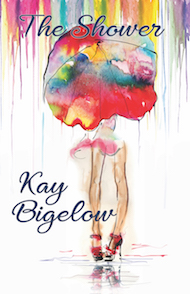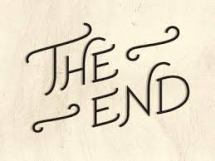There are many things we can neither see nor touch in this world. We cannot see the wind—the swaying trees tell us the wind is passing through their boughs, but we can’t actually see the wind. We can feel the wind as it passes over us—the coolness on our skin, the movement it causes in our hair, but we can’t see it. We can only feel it.
We can’t see time going by either, but we can see the results of time passing—shadows change and dissipate as the Earth moves through its orbit. We can see time moving on the faces of beloved parents and grandparents as the signs of aging appear in the wrinkles on their faces.

I was taking a break from the book I’m currently writing and I heard the ticking of the second hand as it swept around and around a clock hanging on my wall. I became fascinated as I watched and heard time passing. Then, I realized how much time I was wasting by watching time passing. It was a strange realization that I could both see time passing and know that each tick of the second hand meant I was aging and I was watching time passing me by—I had an uneasy feeling about what I had discovered.
As I quickly returned to my book, I was struck by how easy time passes in a book. For the most part, people in the book don’t age—not really—they essentially physically remain the same from the first word on page one to the point where the author writes The End. The may tell us time has passed, but she/he doesn’t show us.
Such power we authors have. We create not only people, fully grown people at that, but we create the worlds they live in as well. Each of us does that, not only the authors of science fiction, fantasy, or speculative fiction. Even those of us who write books set in, or near the present time, create worlds. We may set a book in a town of our own making in rural New York, as I did in The Shower. We people it with figments of our imaginations. Even if we write historical fiction, we fiddle with known facts and famous, or infamous, real people to suit the needs of the story we’re telling.

If we’re very lucky, we find a publisher to publish our books. Once that’s done, the early reviewers take over. Some reviewers, it seems, believe it is their duty in their reviews to criticize the worlds we’ve created from the depths of our imagination. They may not like anything about our creations—creations that took months, if not years, to develop and fine tune. In The Shower, I remember spending way too much time trying to decide whether my character Alex lived on the second or third floor of a building in the town I created. At the time, it seemed critical to the story. Many readers who write critical reviews have legitimate gripes with a book, no doubt about it—and those reviews give the author an opportunity to improve their writing. Other reviewers, though, are less helpful to the author. For instance, a reviewer said she didn’t like the genre, and gave a book a one-star review. If she doesn’t like the genre, why pick up the book? And why punish the author for the reviewer’s mistake in buying the book in the first place?
The mysteries of life—the wind, time, and book reviewers—are truly unfathomable.
